Greets Bloggolicious!
Here's some really cool news. In December, the wonderfully warm, friendly, and talented best-selling indie author Martin Lastrapes invited me to be a guest on his show, The Martin Lastrapes Show. And what a show it was! So fun! I was tickled to visit Martin in his studio and gab for a couple of hours about that thing we all love: writing. I encourage you all to come listen and leave some comments about your thoughts. Admittedly, Martin and I were all over the place with topics, ranging from how we got started in the world of writing, to how authors develop a voice, to what's so intrinsically amazing about Tom Robbins, to marketing, editing, and essentials of cover art for indie authors. This is a show that promises to leave very few stones unturned. And for those we missed, Martin and I have plans to do some more stone flipping in the future. Visit the show and, again, feel free to leave comments and share your thoughts, expertise, and experiences. We'd both love to hear from you!
Listen and subscribe at Martin's show link, Stitcher, iTunes, or right here on Lybsyn.
Now it's time to get serious. It's okay—it shouldn't hurt…much.
Have you ever had that disconcerting moment when you're exposed to a recording or an image of yourself unexpectedly and thought, "Who in hell is this alien-like doppelgänger acting as if she's me? Do I really sound/look like that?"
Fun fact: I'm a feminist, which is to say I spend a lot of time thinking about how women and men harmonize—or don't—in our shared paradigm. (That's the paradigm of being respiring mammals roaming the earth simultaneously and trying to refrain from destroying each other or it, while still enjoying equal access to the great stuff we find here, like coconuts and scotch).
What do these two things have to do first with each other and secondly with Martin's show? This: Are you familiar with the term "uptalk" also known as "upspeak"? In brief, it's that strange vocal lilt some people end spoken sentences with, where their voice rises as if asking a question, even with completely non-questiony statements like "Hi. My name is Tammy." But in upspeak, it sounds like, "Hi. My name is Tammy?" Speaking this way tends to make a person sound uncertain of what they've said, or apologetic, or expectant of being and willing to be contradicted. There's been a good deal of discussion and research on this phenomenon, which is a characteristic frequently attributed to women, who are socialized to defer to others (usually men). What's so weird about it is that it sounds like a tacit admission of the possibility of being incorrect—even about one's own name! Freakishly bizarre and undermining, this habit, at least I've long thought so.
And guess what? After listening to my chat with Martin, I appear to have won a blue ribbon at the Uptalk Lingual Faire. (Cue immature laughter over the phrase "lingual faire.") Winning? Um…
You can probably imagine my horrified surprise at learning that I have not only a mild propensity for but a raging linguistic habit of uptalk. I was shocked! Bewildered! Embarrassed! I mean, I don't need people to listen to me and think, "Ah, there's woman whose authority on subject X would stop even Ghengis Khan in his tracks." But, dae-um, I at least try to sound like I know what I'm talking about. Because I do. Really. You know, most of the time.
Thanks to this horrifying revelation, my sudden self-consciousness, as well as incurable curiosity (a.k.a. nerdiness), led me on a paranoid dash to the googles in order to learn more. What I discovered was actually not what I expected (and hugely reassuring). Wait, did that last sentence sound like clickbait? Oh well…moving on.
Turns out that, while there is a lot of talk (get it, talk?) about how upspeak is essentially self-negating, there is no actual evidence that this is the case. What's that song? Birds do it, bees do, even monkeys in the trees do it? So, yeah, it's just a thing a great number of people do. Enough so that it's become a cultural norm, not something that confirms or denies a person's innate expertise or confidence on a given matter.
This Bloomberg article describes succinctly where this unnecessary self-consciousness came from, specifically with this statement:
The lilt is still widely considered a signifier of girlish insecurity and ditziness. Anne Charity Hudley, a linguist at William & Mary, offers a possible reason for this. “When certain linguistic traits are tied to women … they often will be assigned a negative attribute without any actual evidence,” she says.
This article by activist Marybeth Seitz-Brown at Slate confirms this.
But the funny thing is, uptalk isn't actually just used by the young and female. When you’re on the lookout for it, you’ll hear uptalk from people of many demographics. Yet I’ve never heard anyone condemn New Zealanders’ speech for not being authoritative or confident enough, despite their rampant use of uptalk at all ages and genders. I also hear many men, including former President George W. Bush, using uptalk, and have yet to hear any of them be chastised for not sounding authoritative enough. In fact, there's no conclusive evidence that women even use uptalk more than men.
If you've stuck with me this far, I highly recommend reading the two articles above. You will never listen to a conversation the same way again! (I know, I know, overanalyze much?) To sum up, what I've always subconsciously assumed—that uptalk is an automatic self-negation of one's own point of view—is really nothing more than a widespread, learned cultural trait, a meme if you will, that has been misattributed as a "girlie" habit. Phew!
And there you have it. If you, like me, are unusually attuned to words in all their forms, from spoken to written to sung to signed, and tend to notice the way they're presented a little more acutely than the average person (because you're a writer and you simply can't help having a bit of savantism about language), you can rest and read easy knowing that uptalk is nothing to fear, nothing to hide from, nothing to be embarrassed of, and most importantly, not an indication that you nothing meaningful to say.
PS: For the curious, I have more, yes, much more to say about language in this post here.
Announcement: Martin's first novel, Inside the Outside, was an Amazon best-seller in horror and won the grand prize in the 2012 Paris Book Festival. His newest best-seller, The Vampire, the Hunter, and the Girl just came out. Lovers of paranormal and horror, these are both shoe-ins for date night with a novel. I heartily encourage you to check them out!
Enjoy what you've seen so far? Click the follow button or enter your email to subscribe to new posts. Bonus snark to joiners of the newsletter tribe, who get my novel news, including the first look at new stories and invitations to join contests and giveaways. Thank you!



